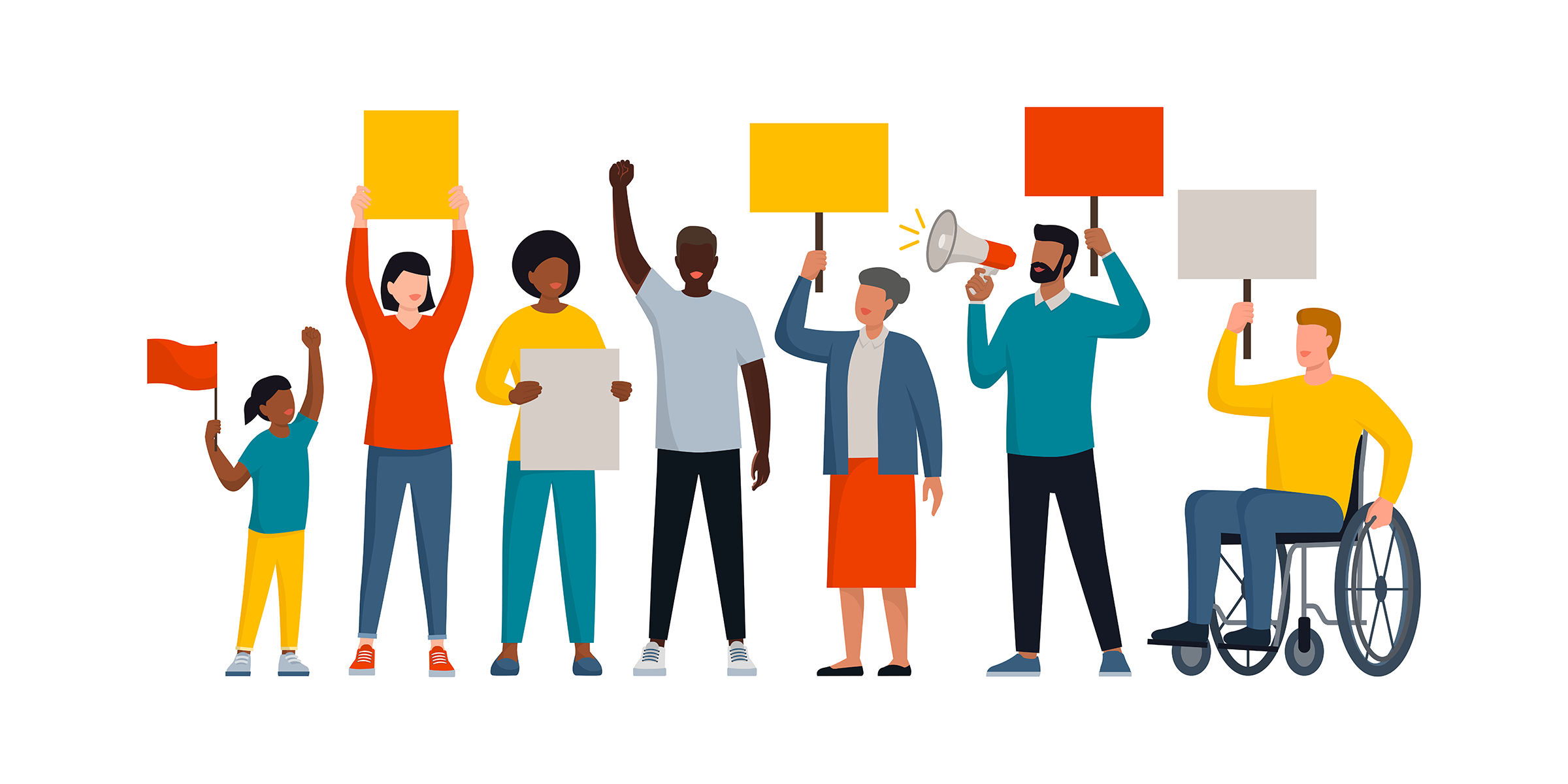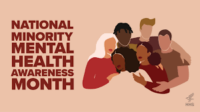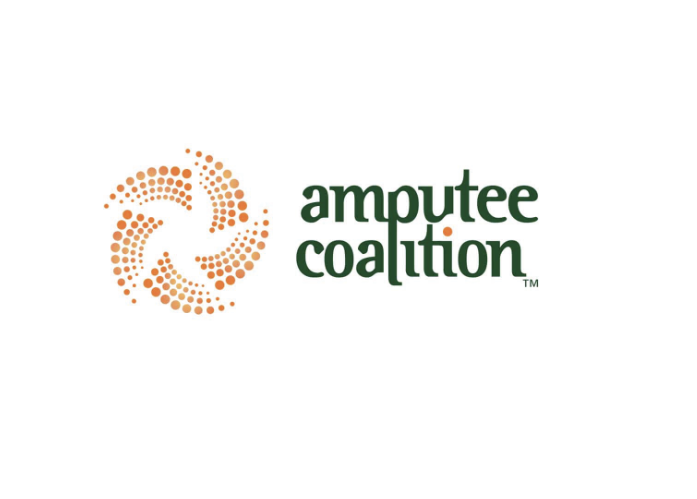

Guest Blog: Reimagine Crisis: Ensuring People Experiencing a Mental Health Crisis Get a Mental Health Response
By Hannah Wesolowski, MPA, Interim National Director, Government Relations, Policy & Advocacy, NAMI
Every year, millions of mental health or suicidal crisis calls are made to 911 and other crisis lines. But unfortunately, when in-person help is needed, law enforcement – not a mental health professional — is often the only response available. As a result, people in crisis face avoidable trauma and tragedy.
The results can be devastating. According to The Washington Post database, 1 in 4 people shot and killed by police between 2015 and 2020 had a mental illness, and of that number, 1 in 3 were people of color.
People with serious mental illness are booked into the nation’s jails around 2 million times a year. And over 47,500 people died by suicide in 2019.
It doesn’t have to be this way. We can – and must – do better, because a mental health crisis deserves a mental health response.
That is why NAMI is bringing together more than 30 partner organizations for REIMAGINE: A Week of Action to Reimagine Our National Response to People in Crisis, taking place virtually November 15-19. Reimagining our mental health crisis system takes more than any single organization or advocacy coalition. Through REIMAGINE, we are bringing together leading organizations who have a stake in making our crisis system better serve people to call on policymakers to invest in crisis services.
The Promise of 988
In 2020, Congress took an important step in reimagine crisis response by passing bipartisan legislation, the National Suicide Hotline Designation Act of 2020, to designate 988 as the new, nationwide three-digit number for people experiencing mental health and suicidal crises. When 988 is available, it will operate through the existing National Suicide Prevention Lifeline (800-273-TALK), funded by the Substance Abuse and Mental Health Services Administration (SAMHSA) and administered by Vibrant Emotional Health. The scope of the Lifeline was expanded by Congress to include mental health crises.
Available nationwide by July 2022, 988 will connect callers to trained call-takers that can provide de-escalation and mental health intervention services by phone and coordinate connections to additional services and help in their community, if needed.
While the creation of 988 this is an important step forward to ensuring people get the right help at the right time, it is only the first step. Right now, most communities do not have a robust mental health crisis response system to wrap around 988.
A well-designed and effective crisis response system should include:
- Someone to talk to (24/7 local crisis call centers): When someone dials 988, their call should be answered by a local crisis call center, available 24 hours a day, 7 days a week, with staff who are well-trained and experienced in responding to a wide range of mental health, substance use, and suicidal crises. The call centers should be able to dispatch mobile crisis teams, schedule appointments with local providers, and conduct follow-up calls.
- Someone to respond (mobile crisis teams): While roughly 80 percent of calls can be resolved over the phone, for someone in crisis who needs more support, mobile crisis teams should be available. These teams should be staffed by behavioral health professionals, including peers with lived experience, and should be available to de-escalate crisis situations, create rapport with the person in crisis, and connect the person to services and supports. Critically, mobile crisis teams should only include police in their response when absolutely necessary.
- Somewhere to go (crisis stabilization programs): If someone needs more intensive care than can be offered by mobile crisis teams, which happens in about 3 in 10 cases, crisis stabilization facilities should be available. These facilities provide short-term (under 24 hours) observation and crisis stabilization services to all referrals in a home-like, non-hospital environment as an alternative to emergency departments. Crisis stabilization programs should also provide a warm hand-off to follow-up care.
We Can Reimagine Crisis
It will take federal, state, and local action to implement this lifesaving system of care in our communities. The new 988 number will be available in July, so it is urgent that policymakers act quickly to ensure that there is sufficient state and nationwide capacity to respond to people experiencing a mental health or suicidal crisis when they call for help. Without action, people in crisis will continue to face the same, inadequate response – hurting individuals, families, and our communities.
Please join the movement to build a better, more equitable crisis system. To get involved and learn more, please visit www.reimaginecrisis.org.
The National Alliance on Mental Illness (NAMI) is a National Health Council member. For more information on NHC membership, click here.


